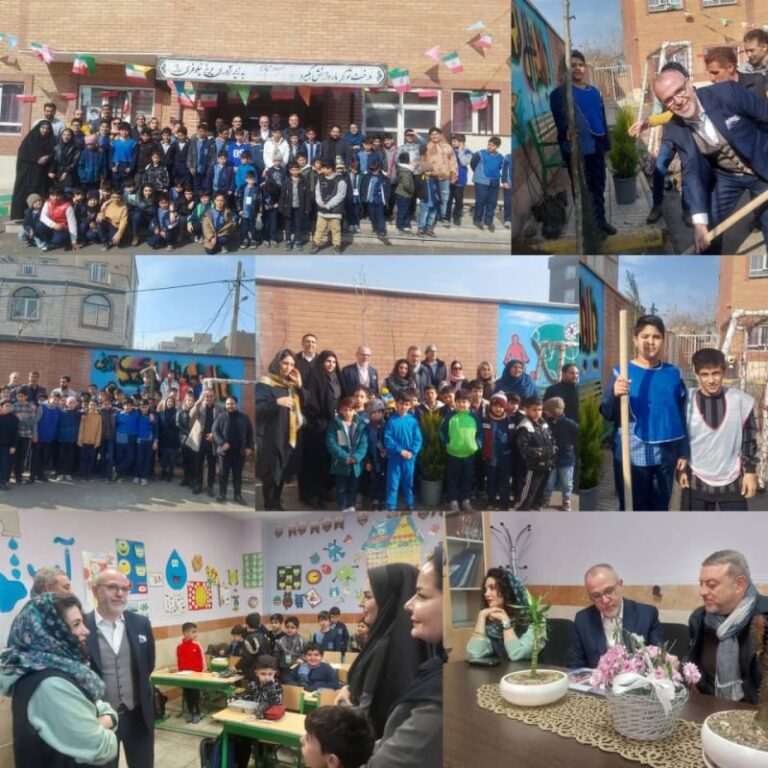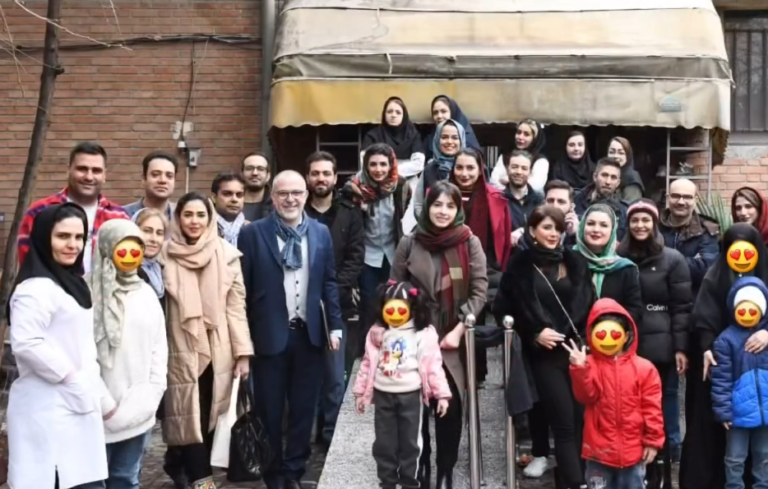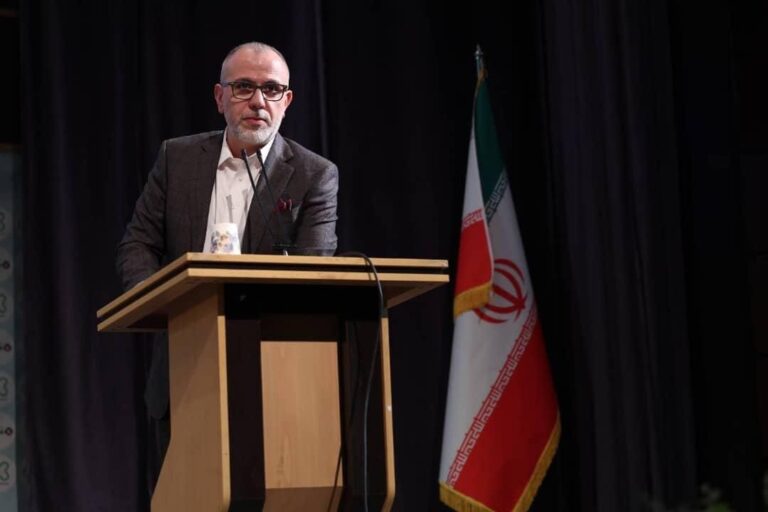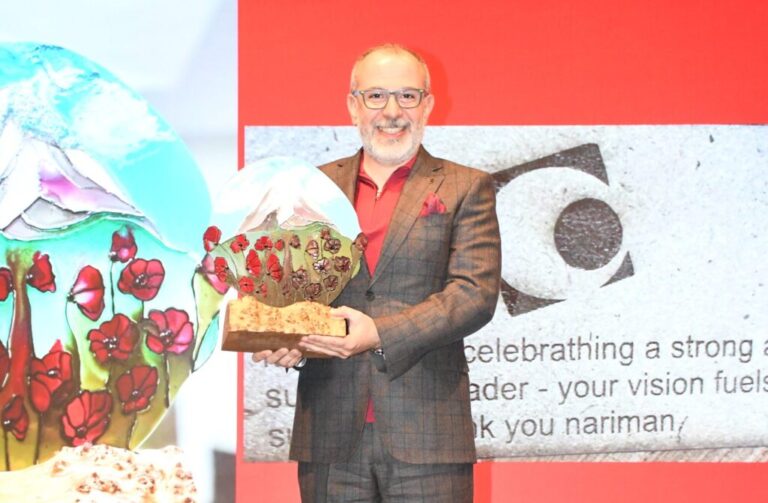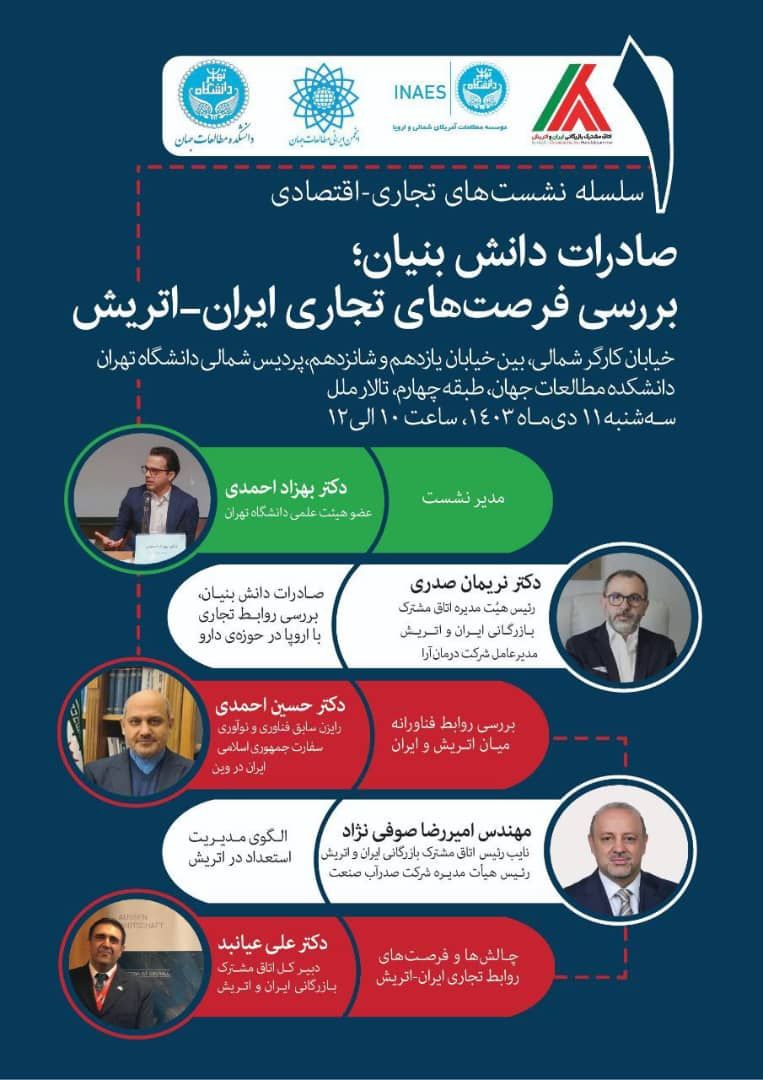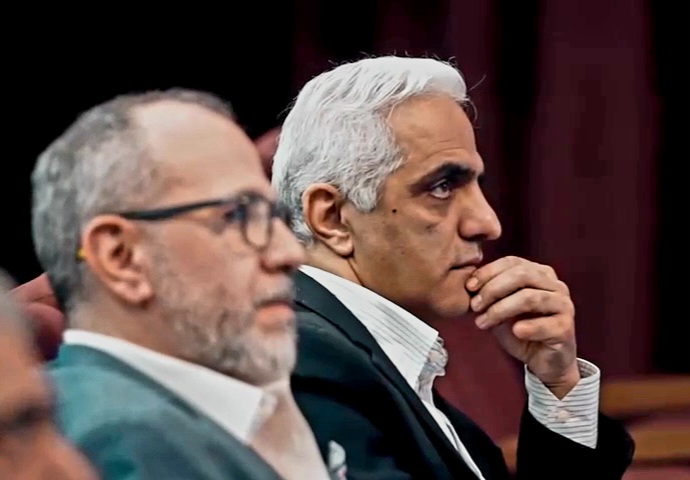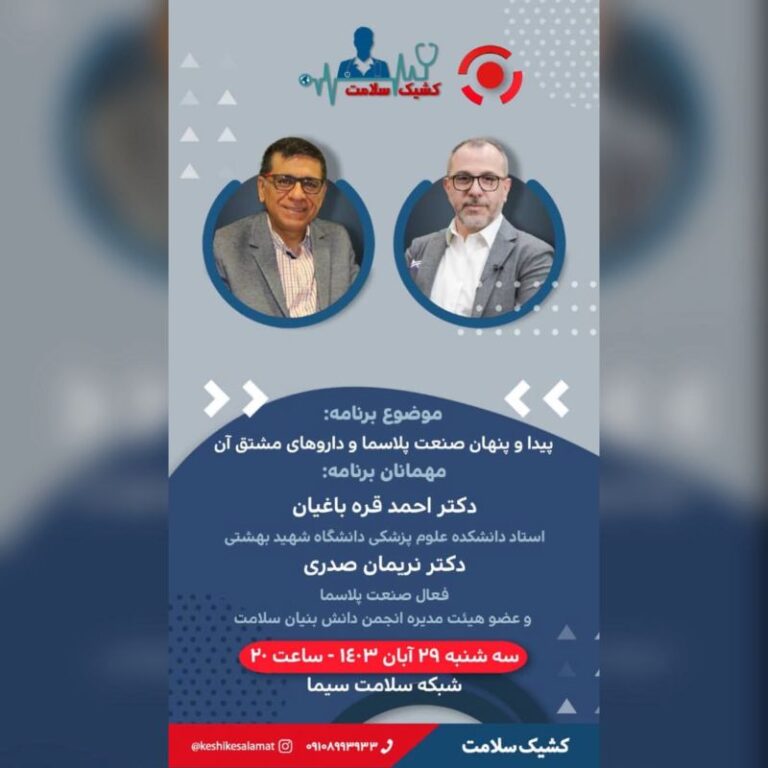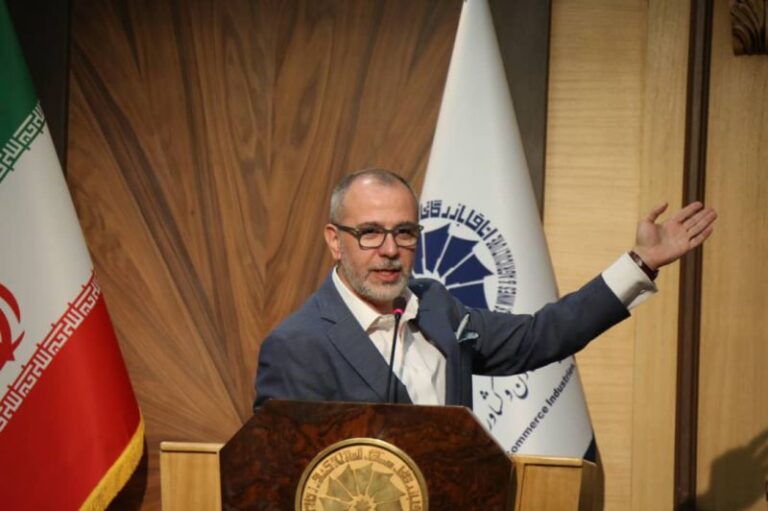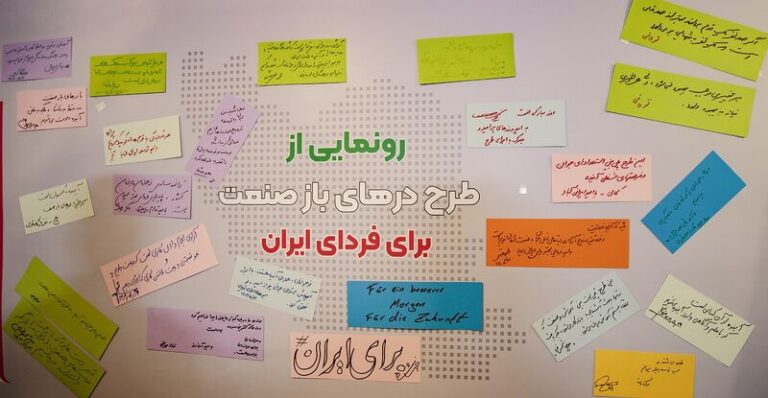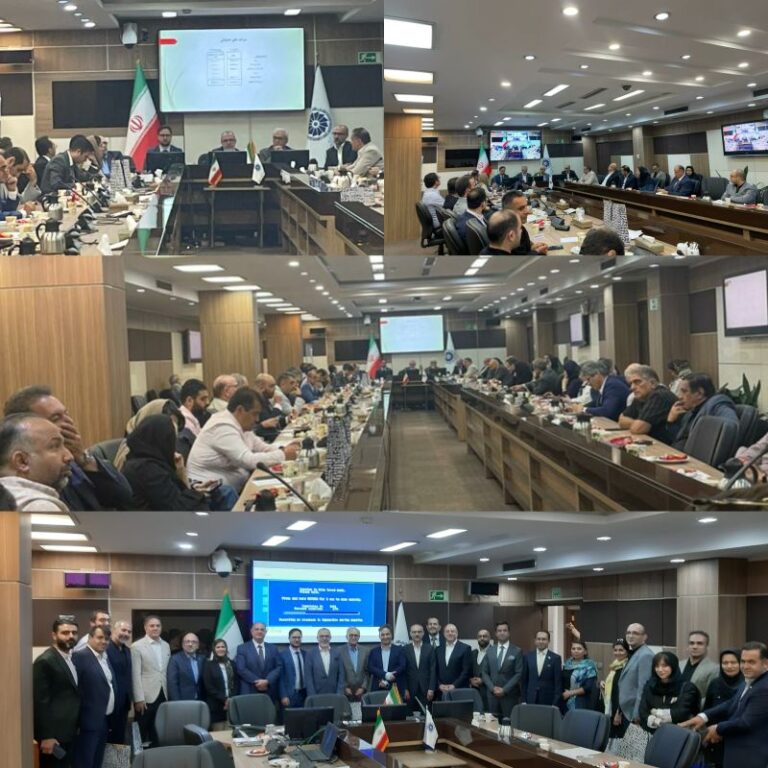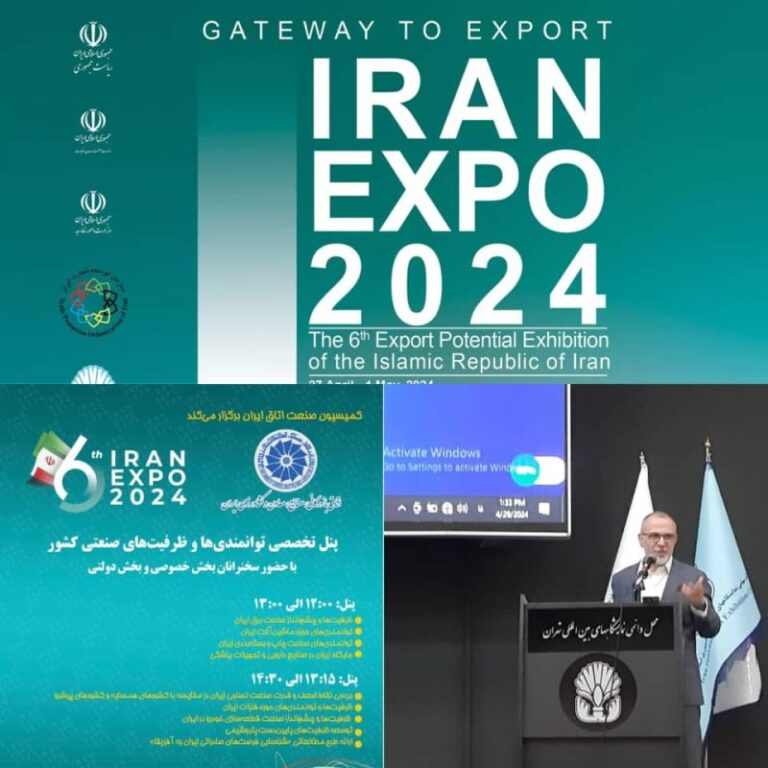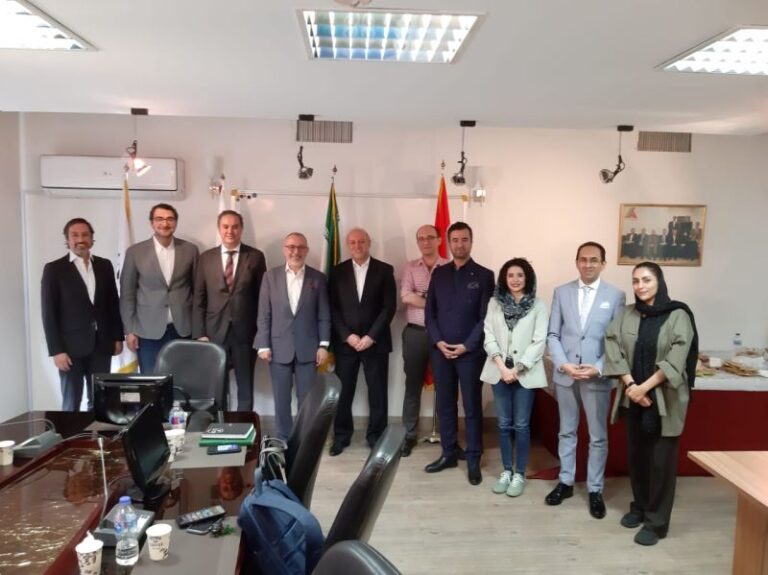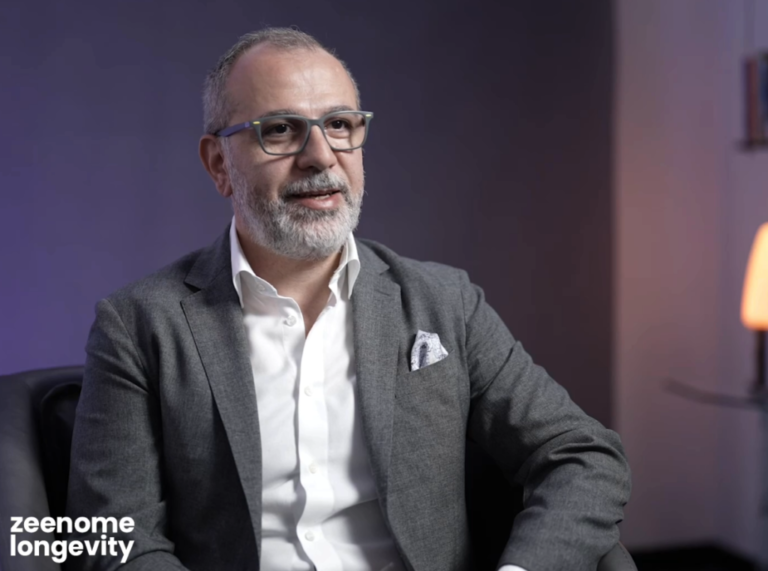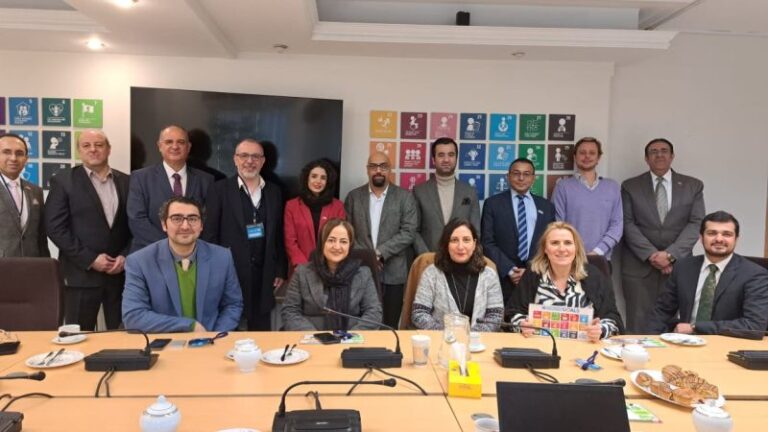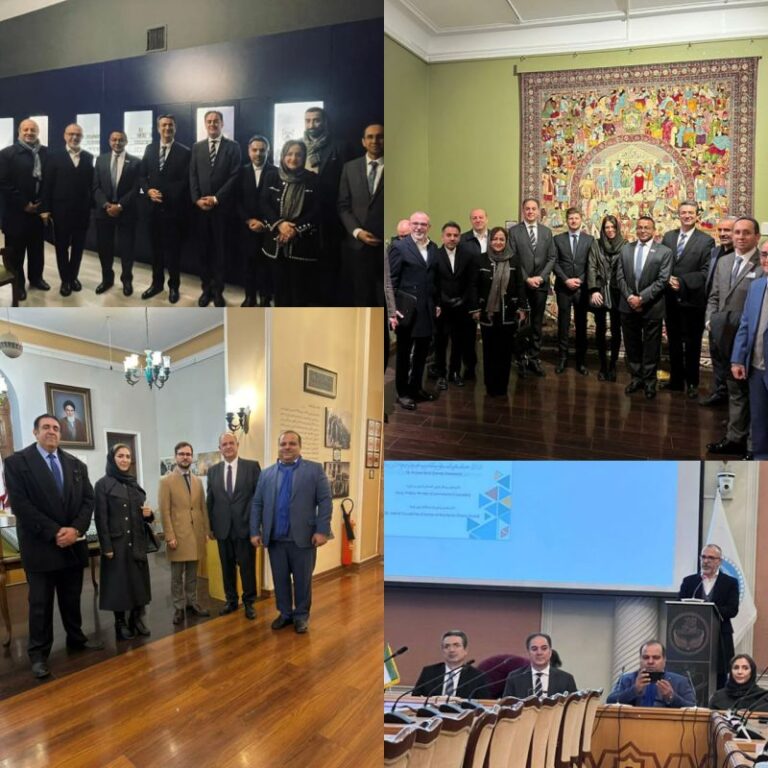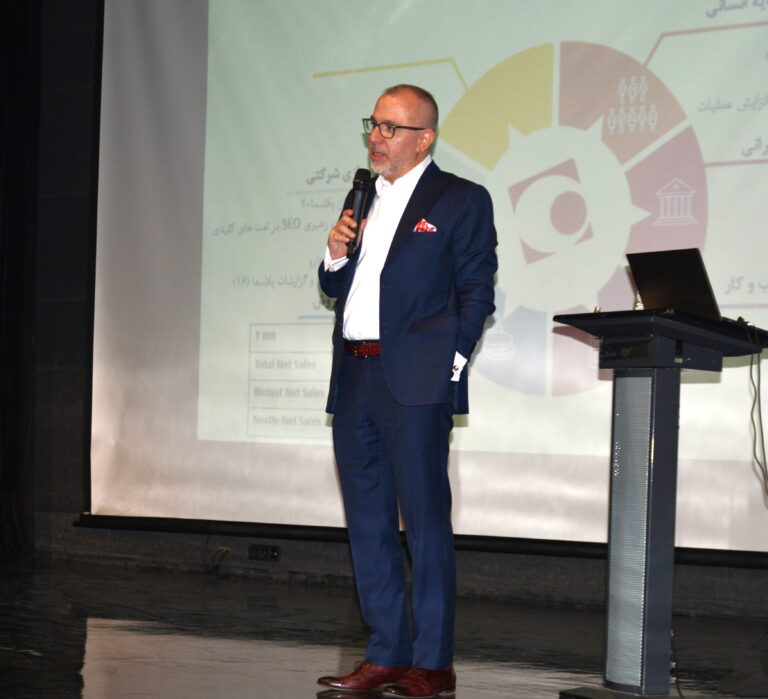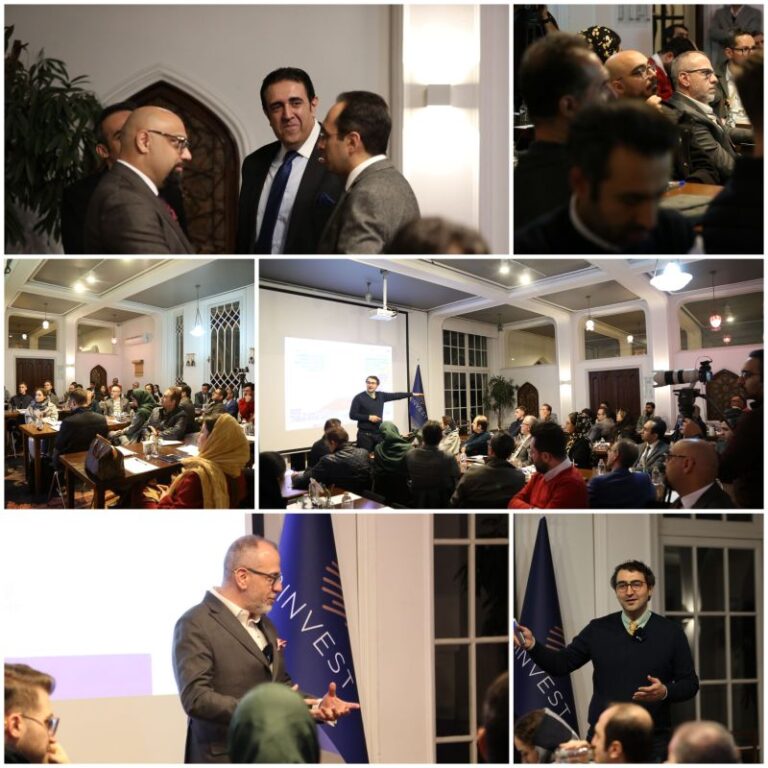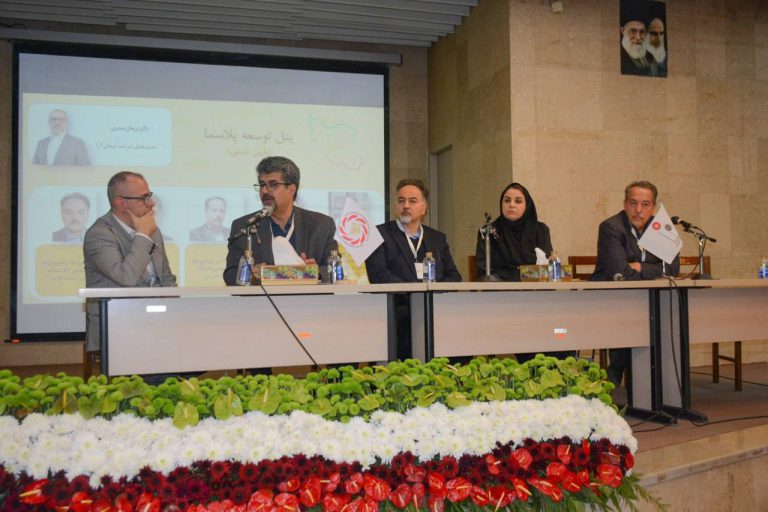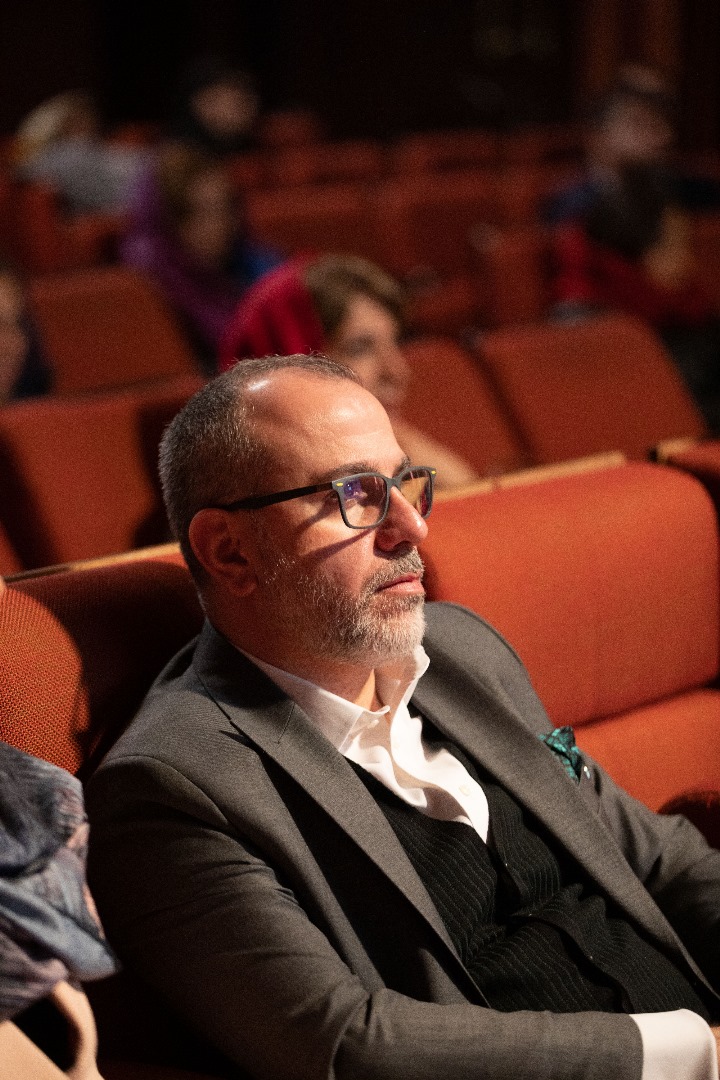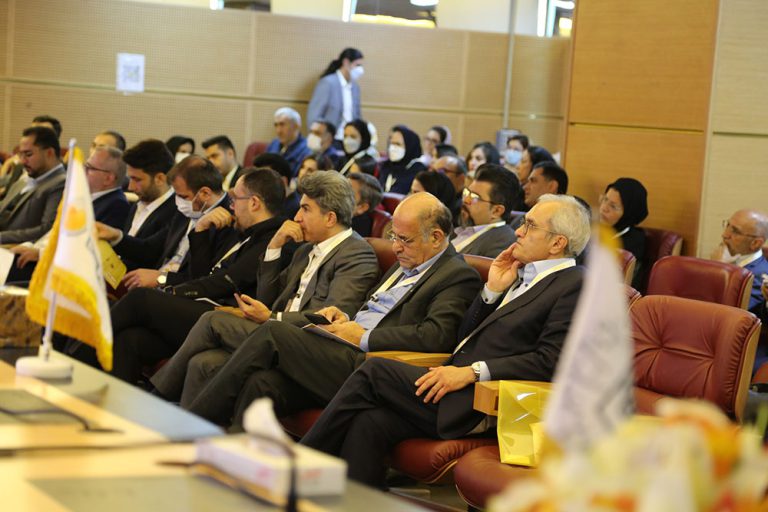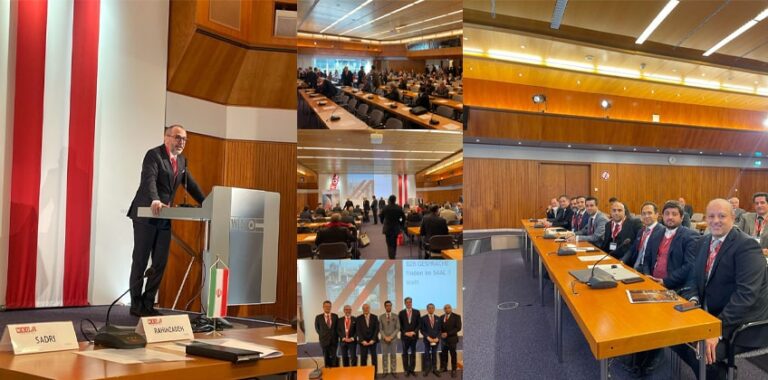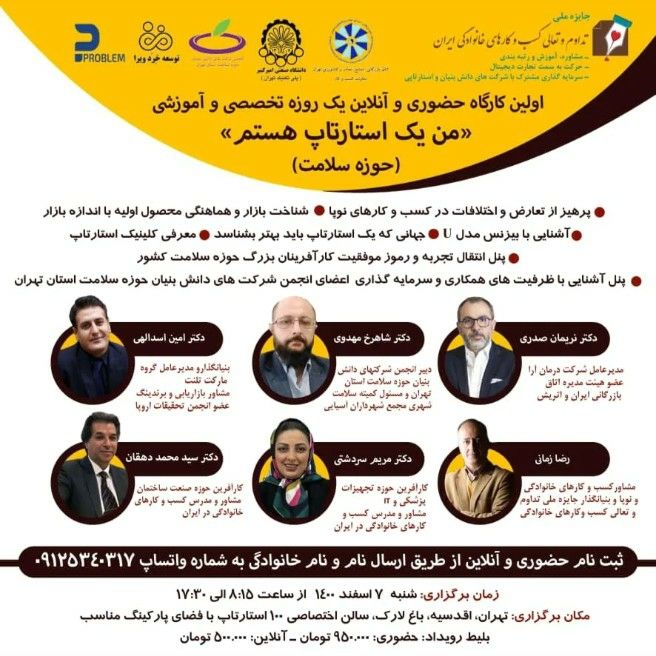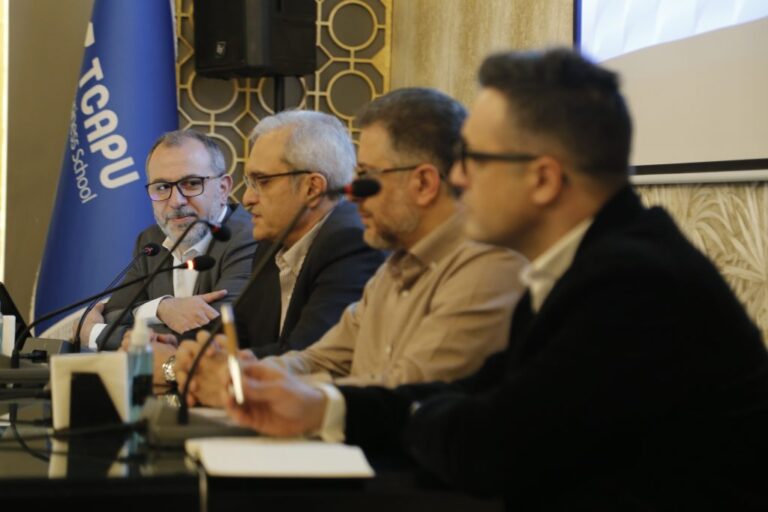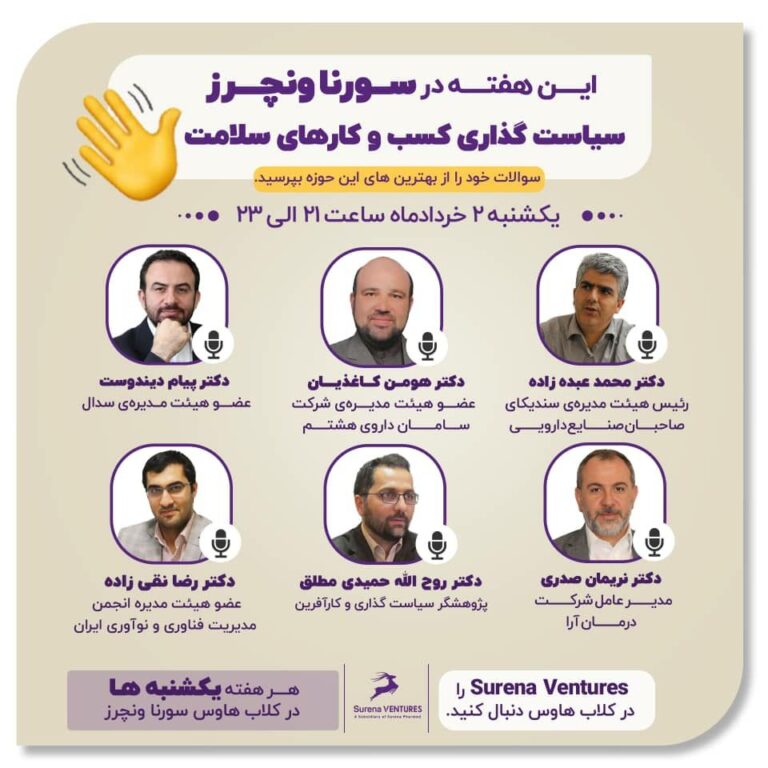“To overcome COVID-19, promoting equitable access to vaccines is important not only in … but across the world.
This country will continue to work, in cooperation with other nations and international organizations, to ensure fair access to safe, effective, and high-quality vaccines by supporting the needs of developing countries and the world.”
The statement is brief. Which country’s name could fit in the blank?
I was struck by these words – there is no trace of narcissism, no pride in being a global export hub, no claim to be the best in the world. This official statement came from a government that donated millions of vaccine doses to several countries. Yet, it neither humiliated the recipient countries nor positioned itself as superior. A few days prior, in one of the countries receiving these vaccines, the highest health official declared, “In the coming months, not only will we have no vaccine shortages, but we are on track to export and donate our vaccines worldwide – even to places where the bullies and oppressors have closed doors on the poor. This is one of our proudest achievements.” There was no sign of humility, solidarity, or cooperation – qualities that reflect true development.
Japan
In 2016, I had the opportunity to visit Japan. From the moment I arrived, it felt like stepping into a different world – everything was incredibly orderly and clean, with traces of advanced technology everywhere. At first glance, the people seemed proud and distant. But when you sat down with them, you were surprised by their humility, respect, and curiosity. They observed the world around them like explorers, eager to learn from you.
We all know Japan’s bloody history and how, less than a century ago, it committed some of the most horrific atrocities in human history. Yet, within two generations, Japan transformed into a peace-loving nation and became one of the most dedicated supporters of our planet, humanity, and balanced global development.
These days, I wonder – is there hope for us to move toward the light as well?
Professor Kazuhiko Odaki, a faculty member at Nihon University in Japan, was once asked: What are the principles of Japan’s development?
According to him, the first factor was social stability – reduced religious and social tensions, achieved by fostering an open environment for different schools of thought. This allowed the Japanese to accept differences among their people. If someone thought differently, they were not labeled a spy or an enemy. Interestingly, Japan moved past this phase long ago. Centuries ago, Japanese Christians were seen as spies and enemies and were crucified. Today, many Japanese visit Shinto shrines on New Year’s Day, celebrate Christmas on December 24, and pray at Buddhist temples on December 31. Within a week, they engage in three different religious and cultural practices – sometimes even within the same family – without creating conflict.
The second factor was the desire to learn from others. Even when they achieved success, the Japanese did not attribute it to their own talent but rather to luck and coincidence. This belief drove them to continuously seek improvement and knowledge from others. This characteristic enabled the Japanese to learn from outside their borders, despite having the fifth-highest average IQ in the world (compared to Iran’s rank of 111). You never hear a Japanese person say, “We are the smartest nation, and the world looks up to us.”
Other factors mentioned by the professor relate to work culture – specifically, dedication to one’s responsibilities, even for the smallest tasks. Let me share a personal experience. One night in Tokyo, I was walking back to my hotel after a formal dinner. Construction was underway to repair the sidewalk. One worker’s sole responsibility was to ensure pedestrians, like me, could pass safely. He respectfully guided me with a small flag, as if he were performing a critical surgery – meticulous and professional.
In short, Japan was not always prosperous, but it climbed the ladder of development by transforming from within. Tolerance for different beliefs, humility, and dedication to work became the foundations of a great nation’s development.
We are bound by different geographical constraints, and I am in no position to offer advice or prescribe solutions for Iran. But my lived experience tells me that we lack tolerance. We do not accept those who think differently from us. We are overly self-centered – from everyday conversations about being the most intelligent people to official rhetoric claiming that the world should follow our example. Finally, lack of dedication in the workplace is a deeply rooted issue that you likely encounter daily.
I do not know if we can continue down this path and achieve development without change.
Perhaps with tolerance, humility, and dedication, we can experience a better future.
Thank you to the humble people of Japan, who stood by Iran during difficult days by donating vaccines.




